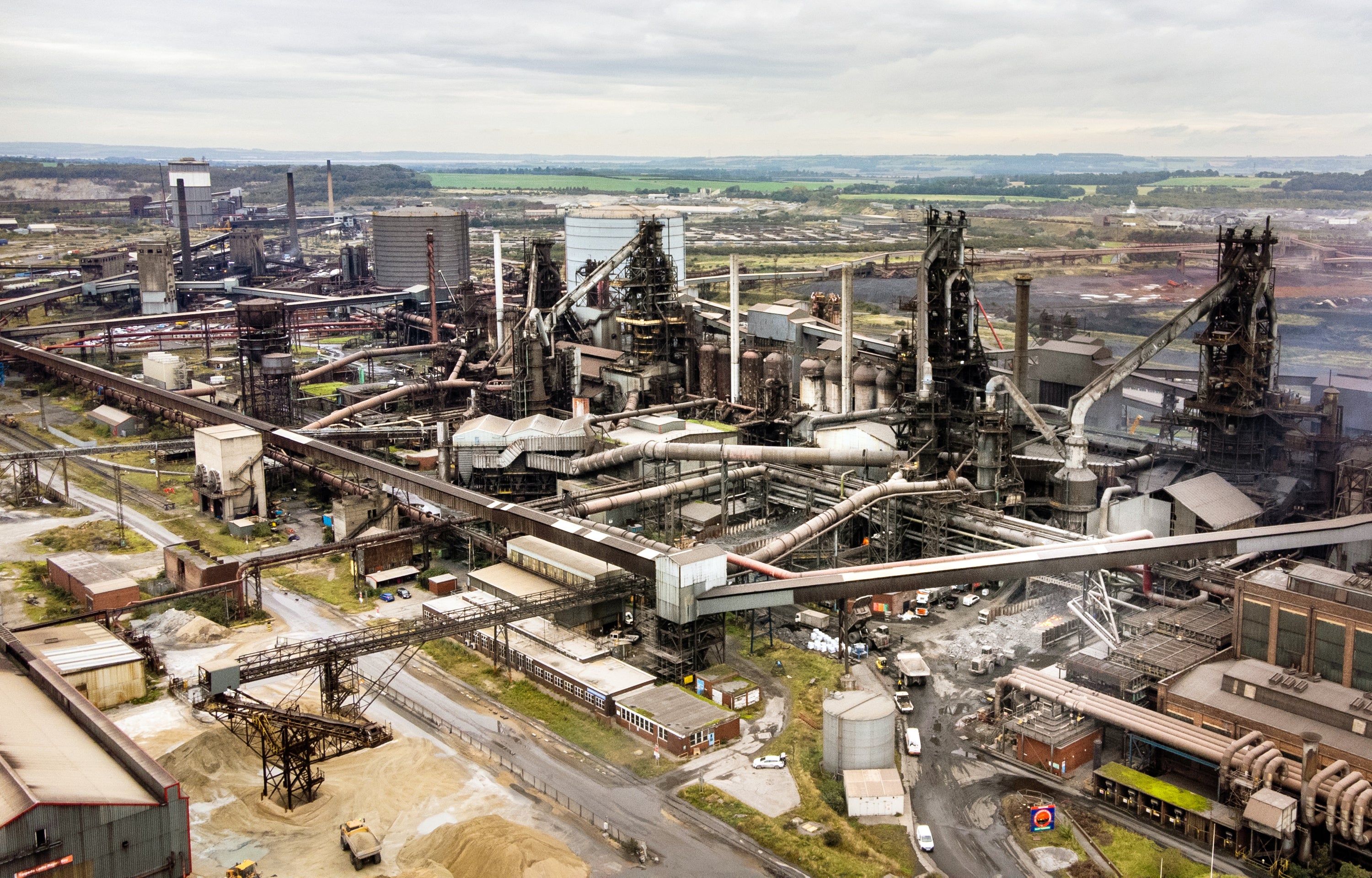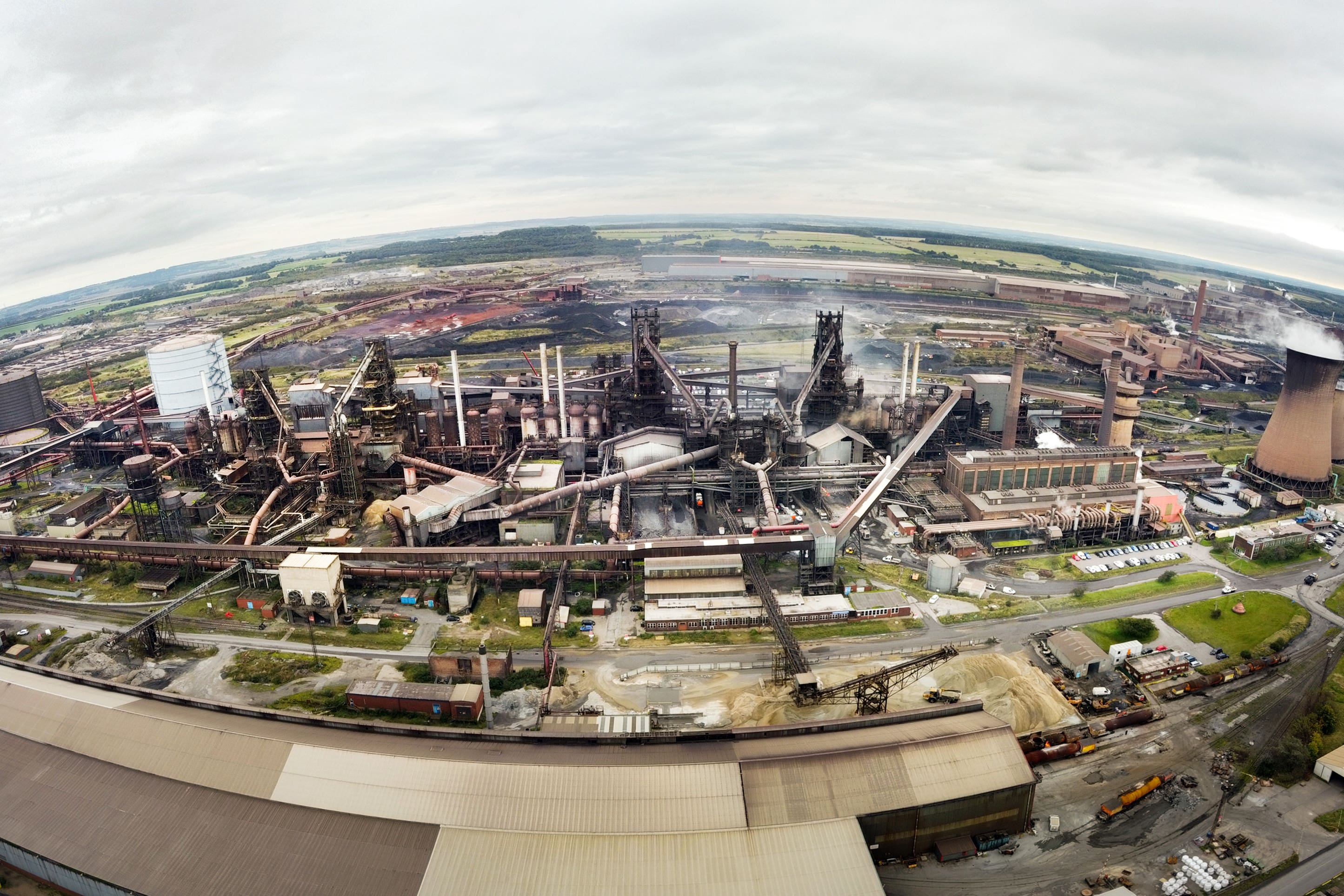Government considering nationalising British Steel amid rescue efforts
It would mark an end to 36 years of private ownership after Margaret Thatcher passed the British Steel Act in 1988

Your support helps us to tell the story
From reproductive rights to climate change to Big Tech, The Independent is on the ground when the story is developing. Whether it's investigating the financials of Elon Musk's pro-Trump PAC or producing our latest documentary, 'The A Word', which shines a light on the American women fighting for reproductive rights, we know how important it is to parse out the facts from the messaging.
At such a critical moment in US history, we need reporters on the ground. Your donation allows us to keep sending journalists to speak to both sides of the story.
The Independent is trusted by Americans across the entire political spectrum. And unlike many other quality news outlets, we choose not to lock Americans out of our reporting and analysis with paywalls. We believe quality journalism should be available to everyone, paid for by those who can afford it.
Your support makes all the difference.The government is considering nationalising British Steel as it attempts to save thousands of jobs, according to reports.
It comes as business secretaryJonathan Reynolds remains locked in talks with British Steel and its owner, Jingye, with tensions growing concerning the amount of investment put in by the UK government in a rescue plan for its main site in Scunthorpe.
Taking part or all of the company into public ownership is now being considered by ministers in case the talks collapse. It would mark an end to 36 years of private ownership after Margaret Thatcher passed the British Steel Act in 1988.
According to government sources speaking to the Guardian and Telegraph, nationalisation is just one of a number of options being assessed. One source said it remains the “least attractive” option.
The Department for Business and Trade told The Independent that it has “no plans to nationalise British Steel”.

A spokesperson said: “We’re working across government in partnership with trade unions and businesses to secure a green steel transition that’s right for the workforce, represents a good investment for taxpayers and safeguards the future of the steel industry in Britain.”
It was previously revealed by The Independent that at least 2,500 steelworker jobs were at risk after British Steel brought forward plans to close its blast furnaces in Scunthorpe. A source said British Steel would stop importing coke and coal in October, meaning the blast furnaces will be turned off permanently just before Christmas
This came after British Steel announced it would be building an electric arc furnace (EAF) as part of its decarbonisation plans, replacing the carbon-intensive blast furnaces at the Scunthorpe site. The blast furnaces require fewer staff, meaning any change will result in heavy layoffs.
British Steel was nationalised in 2020 for 10 months, before being bought by Chinese steelmaker Jingye, which has been discussing the plan to convert blast furnaces into electric ones with government ministers for over a year.
Uncertainty emerged amid the talks regarding whether Jingye would pay the full amount for a new electric blast furnace. Negotiations between Mr Reynolds and Jingye are ongoing.
A British Steel spokesperson said: “We are in ongoing discussions with the government about our decarbonisation plans and the future operations of our UK business. While progress continues, no final decisions have been made.”
The government announced in September it would introduce a new strategy for steel in the spring of 2025, in order “to ramp up investment, strengthen our supply chains and create more well-paid jobs in the places where they’re most needed”.
Join our commenting forum
Join thought-provoking conversations, follow other Independent readers and see their replies
Comments